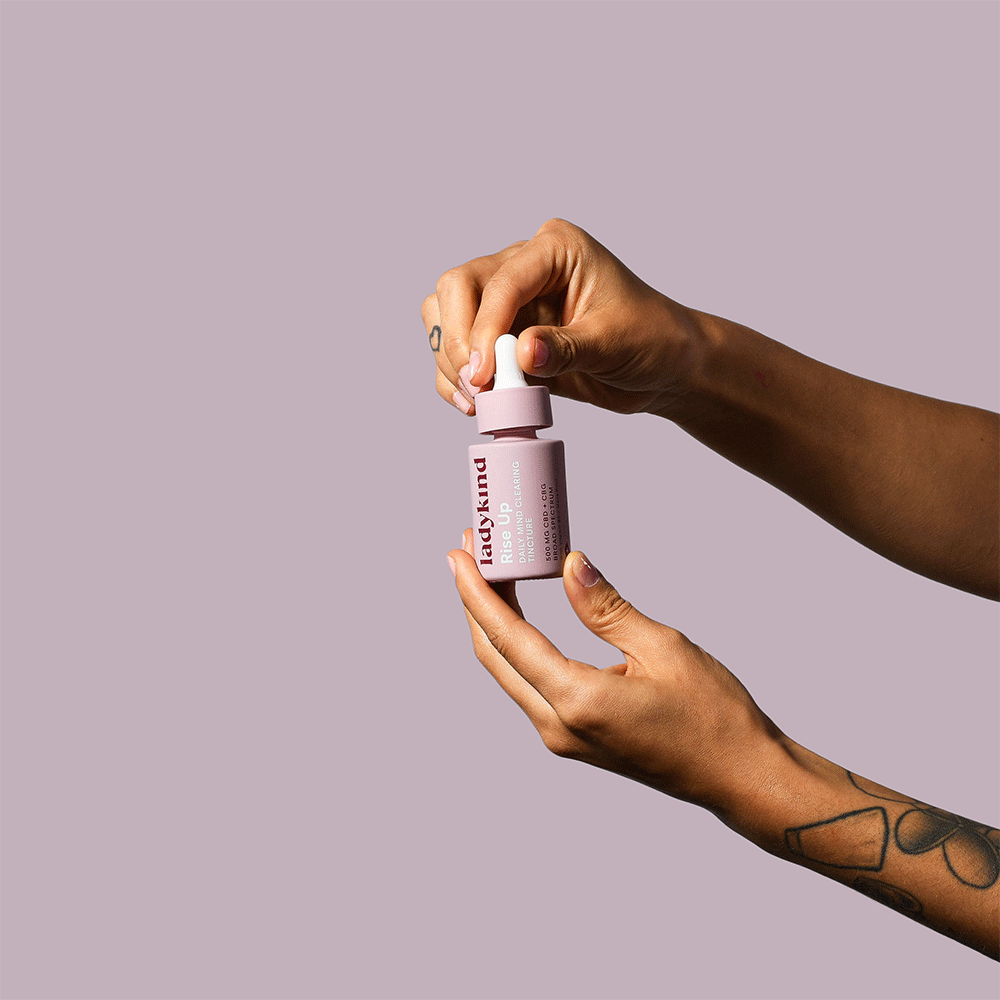Commonly experienced mental health challenges like stress, anxiety, and brain fog, are pervasive in today’s society. What’s more, they often feel inescapable. But wait. Particularly for women, did you know such concerns actually share a common underlying cause? These symptoms are indicative of something else happening behind the scenes: hormone imbalance. Understanding how hormonal imbalances affect other aspects of your wellbeing is a pressing priority, as it empowers you to take control of your holistic mental health no matter what obstacles you’re facing.
Let’s draw a connection between your hormones and mental health to enlighten you on how to support the best version of yourself.
How does hormone imbalance affect mental health?
Your hormones are responsible for regulating your mood, stress response, appetite, energy levels, and cognitive functions. Subsequently, when your hormones are imbalanced, the ripple effect is felt in all of the following areas.
Cortisol imbalance: Stress
Cortisol is also known as the stress hormone. Your adrenal glands release cortisol whenever stress is present, or even just perceived. This neural response is your body’s automatic defense mechanism for survival. So when you hear people say “I was triggered,” this is what they’re describing. When your brain perceives danger is present, whether real or imagined, it activates your stress response. Consequently, your brain sends your body into fight or flight mode. Yet, while cortisol might help you get through stressful situations, too much of the hormone can mean serious implications for your mental health. If you feel constantly on edge, overwhelmed, or emotionally exhausted even when there is no obvious source of stress present, you may be a victim of cortisol imbalance.
Thyroid imbalance: Appetite & energy
Thyroid hormones are crucial for metabolic regulation (appetite) and energy. Imbalances can happen when your thyroid is underactive, othweise known as hypothyroidism. Hypothyroidism facilitates symptoms such as unexplained weight gain, constipation, chronic fatigue, brain fog, dry skin, and impaired memory.
Contrastingly, your thyroid can also become imbalanced when it’s overactive, also known as hyperthyroidism. When your thyroid gland is overproductive, you may experience symptoms like a quickened heartbeat, unintentional weight loss, hair loss, tremors, and frequent bowel movements.
Progesterone imbalance: Focus & clarity
Meanwhile, progesterone hormones signal your brain to relax. As a result, they’re considered a natural mood stabilizer, especially helpful in emotionally turbulent moments. When progesterone production is low, you might see an increase in anxiety, general restlessness, and difficulty getting to and staying asleep at night. To add, the domino effect of these symptoms continue to pervade several aspects of your physical and psychological health. These compounding symptoms can include, but are not limited to decreased emotional resilience, mental fog, and an inability to concentrate.
Estrogen imbalance: Mood
Estrogen is one of the biggest contributors to emotional regulation.
When estrogen levels are too low, you might notice an increase in irritability, mood swings, sadness, and even bouts of depression. Specifically for women, estrogen levels can be significantly thrown off by reproductive phases such as menstruation, pregnancy, and menopause. Consequently, it’s ever-important for women to know how to cater to estrogen imbalances throughout each phase in their menstrual cycle.
Best practices for holistic mental health
With that said, as a woman, supporting your holistic mental health starts with getting your hormones in alignment. In other words, the pillars of holistic mental health management are all about self-awareness and self-care.
Here are our tips to lean into these two focus areas:
- Try an Ayurvedic diet. Ayurveda is an ancient Indian medicinal practice that offers natural remedies for many commonly-experienced health issues having to do with hormonal imbalance and mental health. An Ayurvedic diet consists of specific herbs and spices that contribute to healthy hormone production and greatly reduced inflammation (another core contributor to hormonal imbalance).
- Reset your circadian rhythm. When your body’s internal clock is off, it makes sense that its ability to regulate hormone production would be too. Follow this guide to establish a consistent sleep schedule that supports your body’s natural rhythm.
- Manage stress. Check out our recommendations for “me time” activities that replenish you by helping you reconnect with yourself. The more quality time you’re able to spend with yourself, the better you’ll be able to handle stress and discover coping mechanisms that work best for you.
- Utilize natural health aids. Ladykind’s award-winning products are the ultimate way to hack your way to balanced hormones. Travel sizes of the brand’s three award-winning products are featured in this steal of a starter set. The bundle includes the famous Rise Up Daily Mind Clearing Tincture, Wind Down Nightly Mind Relaxing Tincture, and the Tough Love Period Pain Relief Cream for readily accessible solutions to stress management, pain relief, and better sleep.
Real solutions for real women
Addressing holistic mental health concerns is not only about finding palliative solutions. Truly catering to your mental health requires a deeper look at what’s going on underneath the surface. Particularly with hormone production, because it lays the entire foundation for your psychological landscape.
Ladykind products are designed to balance hormones naturally for noticeably improved mental clarity, mood regulation, and stress reduction. Moreover, these products lean on powerful staple Ayurvedic ingredients for a holistic approach that tackles the problem from its root.
When you’re ready to experience the best, most balanced version of yourself, enjoy 20% off your first purchase of the Rise & Rest Set when you enter ABETTERDAY20 at checkout.






